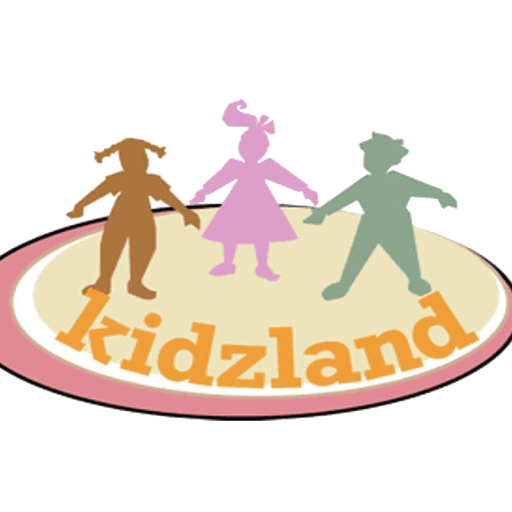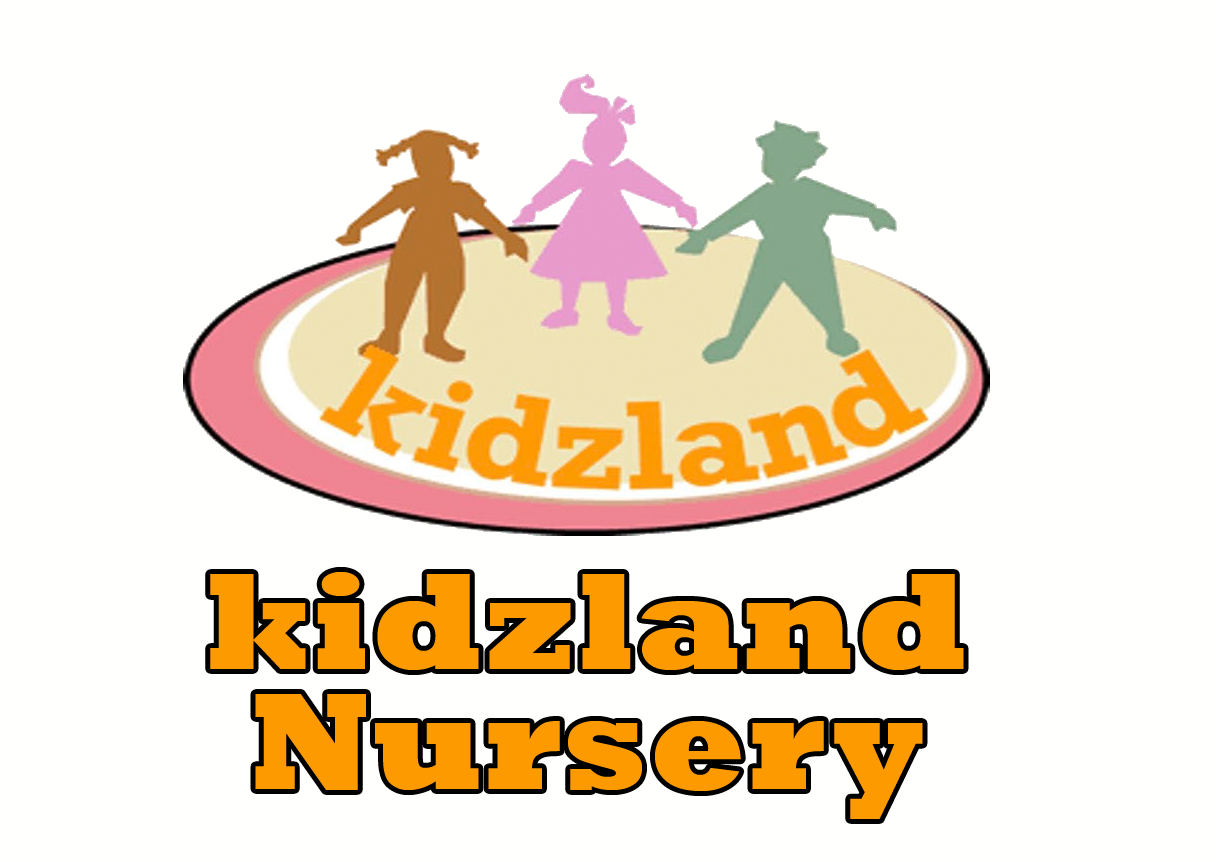Arrival time:
It’s a busy time meeting children upon arrival, ready to start the day at Kidzland. Children will be greeted by the morning team where they will enjoy free play, breakfast time and garden time.
The children will explore mixing with children of varied ages to help promote their development and communication.
Garden Play:
– offers exploration
– Allows children to take risks with supervision
– Encourages natural curiosity
– Allows activities to be completed on a larger scale
– Develop gross motor
– Benefits from fresh air
Lunch time / tea time:
Lunch and tea are all prepared freshly on site, and there is a healthy and varied diet on a daily basis. Children are encouraged to try different meals and explore different tastes. Meals are a sociable time for the children and practitioners. Meal times are sociable events where children develop turn-taking, fine motor skills/hand and eye Co-ordination and self-serving skills. Snack/lunch and tea encourage children to learn acceptable behaviors for example we must sit down to eat, we must chew our food, we must try to not talk while we have food in our mouths, and we learn to say please and thank you (as they are polite manners)
Indoor Spaces:
Each room is set for different age groups and contains varied areas, for example, construction/role play/mark making / quiet area/book corner / sensory area/snack area
Each area is equipped with a different range of resources to support children’s learning and experiences.
Nap And Quiet Times:
Children have their own individual beds, and parents are asked to provide two blankets, which are sent home on a weekly basis to be washed. Children are encouraged to sleep or rest. If children are sleeping, they are checked on every 10 minutes, and written records are recorded. Sleep is very important for children as it helps with their personal social and emotional development and supports them during their day in the setting. The setting works with parents in regard to sleep patterns and sleep times. If children choose not to sleep, they have a rest time which could be quiet reading, quiet sensory activities, fine motor activities, and garden time.
Snack Time:
Snack consists of a variety of fruits/vegetable sticks and crackers or breadsticks. It is an opportunity for children to explore a range of flavours. Snack promotes social skills, turn-taking, vocabulary, and self-help skills.
Home Time:
At the end of the day, a practitioner from your child’s room will give you feedback on your child’s day. A daily report will be emailed to parents which updates them further on their child’s day at Kidzland
Keeping In Touch:
Parents will be given the main office email and the email which will allow them to communicate directly with the practitioners from their child’s room. Parents are welcome to call the nursery landline at any time of the day to check up on how their child is doing. Managers in the setting have an open-door policy.
Focus Activities:
This is a particular activity set up for a group of children, where the key person has a specific learning outcome for the children to meet, or through the activity, the practitioner will write targeted observations for each key child.
Circle Time:
Circle time is a prefect opportunity to promote healthy relationships between children, and it’s give them a controlled space for socialising. Circle time allows children to engage with each other in a fun and creative way. Circle time promotes listening skills, communication skills, turn taking, social interactions, and develops children’s self-esteem and confidence. Circle time can also be used to promote sensory experiences for example what’s in the box?
Free Flow:
Is a style of play where children are able to flow between indoor play and outdoor play at their own leisure. The Early Years Foundation Stage stated that free flow provides a richer learning experience for children.
Free Choice:
This is where a child individually choose their play experiences, following their own instincts, interests and experiences. During this type of play session, the children play without being led by the adult. Remember in play there is no right or wrong way to play.
Jean Piaget, felt free unstructured play was healthy, and he essential for helping children reach social, emotional and cognitive development.
Messy Play:
Promotes children’s understanding of senses and allows them to taste, explore, feel and smell. Through messy play children can show curiosity, the children are able to make a mess and get messy. Through this type of play children have freedom and this is one of the best ways to learn. Children are able to problem solve, there are no end goals and the possibilities are endless.

